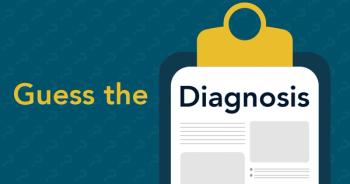
Misinformation limits teens' access to emergency contraception
Although emergency contraception (EC) is safe, effective, and widely available, misinformation communicated by pharmacies to adolescents and their physicians can make it difficult for teens to obtain EC in a timely manner. Do you know how to counter the misinformation and help your patients access EC?
Although emergency contraception (
Since 2009, EC has been available without prescription to women aged 17 years or older. It is estimated that if EC were used after every contraception failure, it could prevent half of all unintended pregnancies and 70% of all abortions. Timely access is critical, however, because every 12-hour delay in taking EC increases the odds of pregnancy by 50%.
To determine the accuracy of
Of 943 pharmacies, 759 (80%) told adolescent callers and 766 (81%) told physician callers that EC was available on the day of the call. Nonetheless, 19% of adolescent callers were told that they could not obtain EC under any circumstances. In contrast, only 3% of physicians calling on behalf of their patients were given this misinformation.
Nearly half of all pharmacies gave incorrect information to both adolescents and physicians inquiring about the age threshold for access to EC without a prescription. Adolescents were put on hold twice as often as physicians and spoke to self-identified pharmacists less often. When EC was not available, 36% of pharmacies called by adolescents and 33% of those called by physicians offered no suggestions on how to obtain it.
The researchers say that to eliminate access barriers to obtaining EC over the counter, further education about EC dispensing rules is needed for pharmacy staff, physicians, and adolescents.
Last December, the US Secretary of Health and Human Services
Newsletter
Access practical, evidence-based guidance to support better care for our youngest patients. Join our email list for the latest clinical updates.









